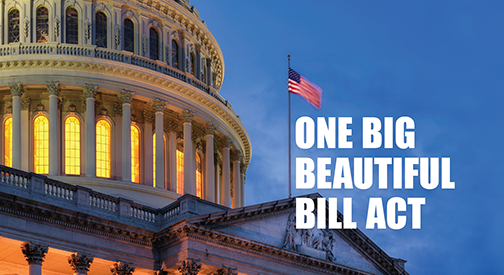TAXATION LAW
Protecting your individual
and corporate rights
and corporate rights
If you need to resolve a tax debt with the IRS or Illinois Department of Revenue, you must understand that it is a legal matter that requires a qualified tax attorney to represent you. Our tax attorneys have decades of experience dealing with complex tax disputes including IRS tax levies, liens, tax audits, and penalties. Our attorneys strongly advocate for taxpayer rights and focus on solving your tax problem in the most timely, cost-efficient, and satisfactory manner possible. For corporations, resolving Illinois and IRS corporate tax issues, including 941 employment tax issues, requires a prompt and experienced legal response. Our corporate tax attorneys know how to negotiate to solve your corporate tax issues. Don’t complicate a tax issue by relying on tax advisors from an unknown source. Contact us so that we can fully and properly resolve your federal or state tax dispute.
Our Services
- 941 Employer's Tax
- Abatement of Penalties
- Audit Defense
- Corporate Tax Issues
- Currently-Not-Collectible Status
- Injured Spouse Relief
- Innocent Spouse Relief
- Installment Agreements
- Levies
- Liens
- Offers in Compromise
- Property Taxes and Appeals
- Tax Planning and Structuring
- Trust Fund and Taxes
Taxation Law Posts
Lavelle Law News and Events

On August 7, 2025, the IRS announced that, as part of its phased implementation of the July 4th One Big Beautiful Bill Act, there will be no changes to certain information returns or withholding tables for tax year 2025 related to the new law. The IRS outlined key relevant changes to tax filers effective for '25 - '28.

The One Big Beautiful Bill Act (OBBBA), enacted on July 4, 2025, as Pub. L. No. 119-21, permanently extends and modifies key provisions from the 2017 Tax Cuts and Jobs Act (TCJA) while introducing new tax benefits and limitations. The law affects individuals, seniors, children, businesses, and charitable organizations.

Beginning July 1, Illinois residents will face a series of tax increases related to the Fiscal Year 2026 budget, which takes effect from July 1, 2025, to June 30, 2026. These increases are from the $55+B state budget that is supposed to generate $700+M of new taxes ranging from gasoline, short-term rentals, and more.









